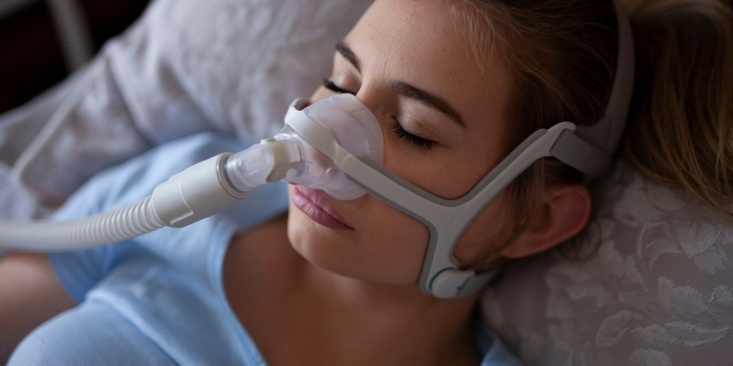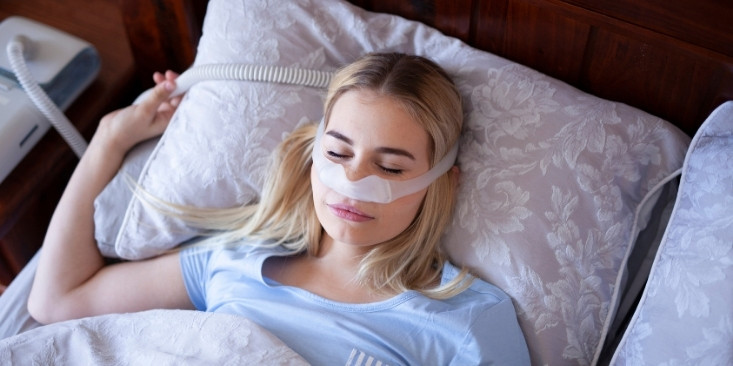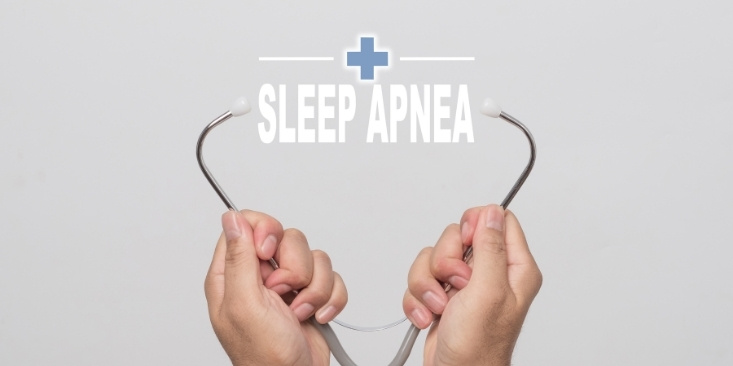The Role of Dental Appliances in Sleep Apnea Treatment: A Comprehensive Guide
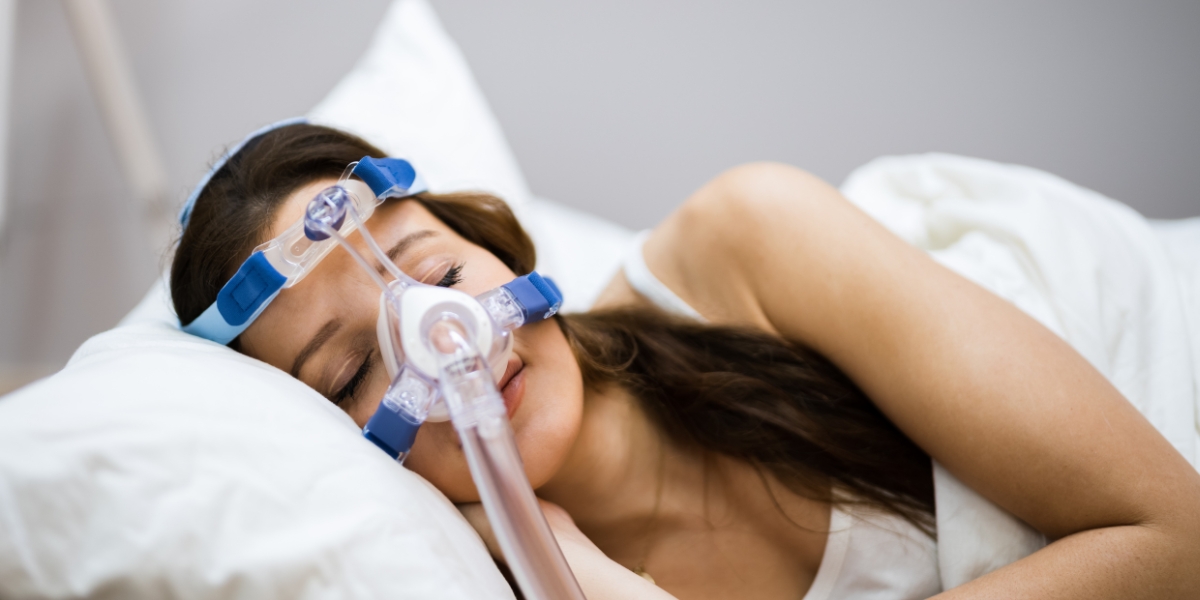
Sleep apnea is a common disorder affecting millions worldwide. This condition disrupts breathing during sleep, leading to significant health issues. Understanding sleep apnea is crucial as it can lead to serious complications like cardiovascular disease and daytime fatigue.
One effective treatment option for sleep apnea is the use of dental appliances. These devices help keep the airways open during sleep, allowing for more restful nights. Various treatments exist, including Continuous Positive Airway Pressure (CPAP) machines and surgeries.
However, dental appliances offer a less invasive solution. They provide an alternative for those who struggle with other methods. This guide explores the role of dental appliances in sleep apnea treatment, emphasizing their importance and effectiveness.
Understanding Sleep Apnea
Sleep apnea is a sleep disorder characterized by pauses in breathing. It can last a few seconds to minutes and may occur multiple times throughout the night. There are three primary types of sleep apnea: obstructive, central, and complex.
Obstructive sleep apnea (OSA) occurs when throat muscles relax excessively during sleep. Central sleep apnea (CSA) happens when the brain fails to signal the muscles controlling breathing properly. Complex sleep apnea syndrome features a combination of both OSA and CSA.
Common symptoms include loud snoring, gasping for air, and excessive daytime sleepiness. These symptoms can severely impact daily life, leading to decreased productivity and poor mental health.
Certain risk factors increase the likelihood of developing sleep apnea. These include obesity, age, gender (more common in men), and family history. Additionally, specific demographics, such as older adults, face a higher risk. Recognizing these factors is essential for early diagnosis and treatment.
The Connection Between Dental Health and Sleep Apnea
Dental health plays a significant role in developing and treating sleep apnea. Poor dental structures can lead to airway obstruction during sleep. Misaligned jaws or an abnormal bite can exacerbate breathing difficulties, worsening sleep apnea symptoms.
Dental professionals often recognize the early signs of sleep apnea. They may notice specific dental issues, such as teeth grinding or an unusually narrow airway. Regular dental check-ups can help identify these symptoms early. Dentists often ask about sleep patterns during appointments, allowing patients to discuss concerns.
Working together, patients and dental professionals can develop effective treatment plans. A dentist’s insight into oral health and sleep apnea can greatly enhance treatment effectiveness. Recognizing the connection between dental health and sleep apnea is vital for comprehensive care.
What Are Dental Appliances?
Dental appliances are devices designed to help treat sleep apnea. They aim to keep the airway open during sleep, preventing interruptions in breathing. The most common type of dental appliance is the mandibular advancement device (MAD).
MADs work by repositioning the lower jaw slightly forward, which helps to maintain an open airway. This forward positioning prevents the tongue and soft tissues from collapsing backward during sleep. Other types of dental appliances include tongue retaining devices, which hold the tongue forward to keep the airway open.
Dental appliances are custom-fitted by dental professionals. This customization ensures a comfortable and effective fit, enhancing their effectiveness in treating sleep apnea. While over-the-counter options exist, custom appliances often yield better results.
Understanding dental appliances and how they function can help patients make informed decisions about their sleep apnea treatment options.
Effectiveness of Dental Appliances
Research shows that dental appliances can be effective in treating sleep apnea. Numerous studies indicate that these devices significantly reduce the severity of obstructive sleep apnea. They help improve overall sleep quality and reduce daytime fatigue.
A study published in the American Journal of Respiratory and Critical Care Medicine found that custom-fitted dental appliances improved sleep quality for many patients. The study concluded that these devices can be as effective as CPAP machines for mild to moderate sleep apnea.
While CPAP machines are considered the gold standard, many patients struggle to adapt. Some find the masks uncomfortable or bulky, leading to poor compliance. Dental appliances, on the other hand, offer a more comfortable alternative.
Surgery is another treatment option for sleep apnea. However, surgical interventions come with risks and may require recovery time. Dental appliances offer a less invasive and more manageable solution for many patients.
Overall, research supports the effectiveness of dental appliances in sleep apnea treatment. They provide a viable option for those seeking alternatives to CPAP or surgery.
Benefits of Using Dental Appliances
Dental appliances provide numerous benefits for sleep apnea treatment. Here are some key advantages:
- Comfort and ease of use compared to other treatments: Dental appliances typically feel less intrusive than CPAP machines. Patients often find them more comfortable to wear throughout the night.
- Portability and lifestyle adaptability: Dental appliances are small and easy to carry. Patients can take them anywhere, making them ideal for travel or overnight stays.
- Reduced side effects compared to other treatments: Unlike CPAP machines, dental appliances usually have fewer side effects. Patients often report minimal discomfort when using these devices.
These benefits make dental appliances an appealing option for individuals with sleep apnea. Their convenience and effectiveness contribute to better compliance and improved quality of life.
Choosing the Right Dental Appliance
Choosing the right dental appliance requires careful consideration. Several factors influence this decision, including the severity of sleep apnea, personal comfort, and dentist recommendations.
A dental appliance may be an ideal choice for mild to moderate sleep apnea. However, more severe cases may require alternative treatments. Consulting with a dental professional ensures patients receive appropriate guidance based on their unique situations.
Custom-fitted appliances offer the best results. Dentists create these devices specifically for each patient, ensuring a proper fit. In contrast, over-the-counter options may not provide the same level of comfort or effectiveness.
Patients should discuss their options with their dentist during consultations. Understanding the benefits of custom appliances versus over-the-counter alternatives is crucial. Making an informed choice will lead to better outcomes in managing sleep apnea.
Dental appliances play a vital role in treating sleep apnea. They offer a comfortable and effective alternative to traditional methods. Understanding the benefits and options available can help patients make informed decisions.
If you suspect sleep apnea, seeking professional advice is essential. A consultation with a dentist or sleep specialist can provide valuable insights. Do not wait to address sleep apnea symptoms; take the first step towards better sleep and overall health today.
